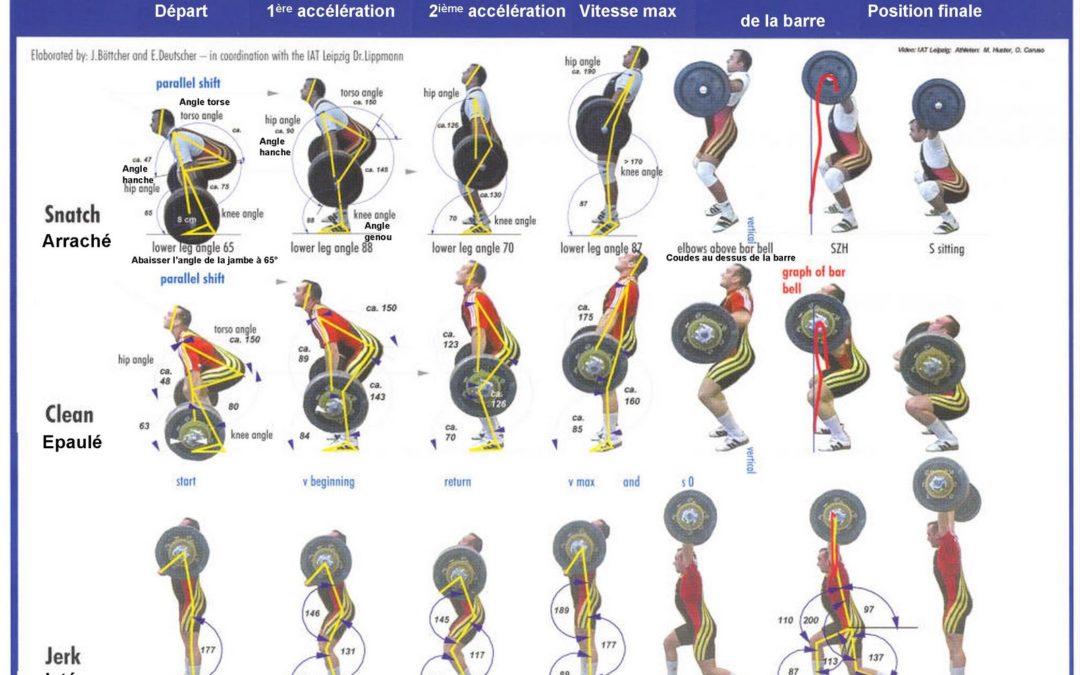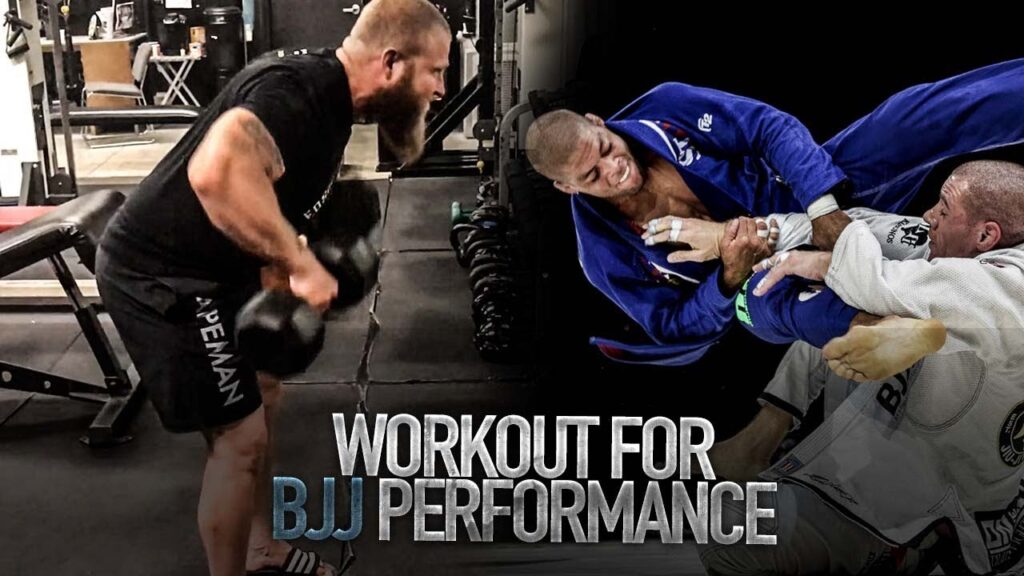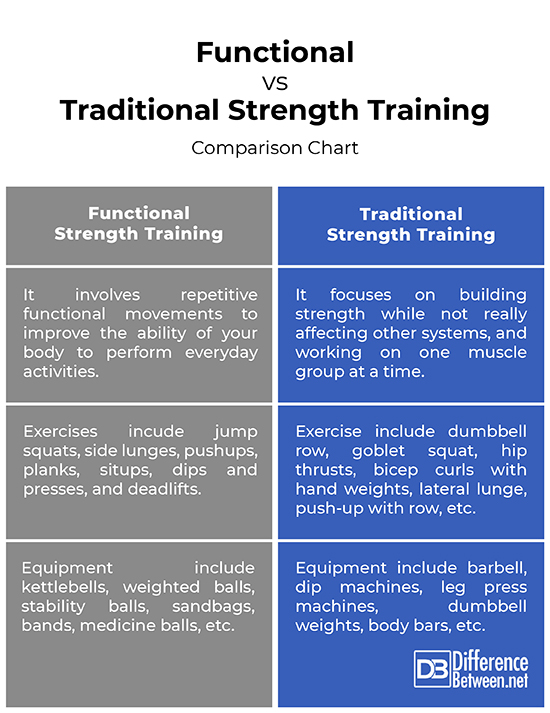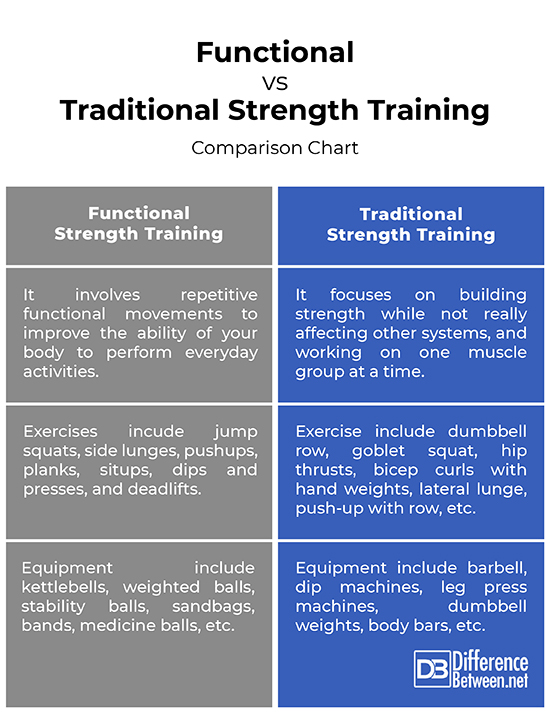BJJ strength and conditioning training enhances performance and reduces injury risk. It combines functional strength exercises with cardiovascular conditioning.
Brazilian Jiu-Jitsu (BJJ) demands a blend of strength, endurance, and flexibility. Effective training involves specific exercises that target muscle groups used in grappling. These include compound movements like deadlifts, squats, and pull-ups. Cardiovascular conditioning is equally important for maintaining stamina during long rolls.
Plyometric exercises help improve explosive power, which is crucial for quick transitions and submissions. Incorporating mobility drills ensures joint health and prevents injuries. Consistent strength and conditioning routines not only boost physical capabilities but also enhance mental toughness. Tailoring workouts to individual needs and skill levels ensures optimal results. BJJ strength and conditioning training is essential for peak performance on the mat.
The Essence Of Strength In Bjj
Strength is vital in Brazilian Jiu-Jitsu. Muscle endurance helps in long matches. Flexibility aids in escaping tight positions. Agility allows quick movements. Cardiovascular fitness keeps you going longer. Building these attributes is crucial for success.
Power in grappling means quick, explosive movements. It helps in taking down opponents. Hip drive is essential for powerful throws. Core strength supports all movements. Leg power aids in sweeps and submissions. Training for power improves overall performance.
Customizing Your Training Regimen
Start by checking your current fitness level. This will help you understand your strengths and weaknesses. Take note of your endurance, strength, and flexibility. Record how long you can run, how much you can lift, and how far you can stretch. This data will guide your training plan.
Set realistic goals to stay motivated. Break big goals into smaller, achievable steps. For example, aim to increase your push-ups by five every week. Track your progress to see how far you’ve come. Celebrate each milestone to keep your spirits high.
Fundamental Strength Exercises
Core stability is crucial for BJJ practitioners. Planks help build strong core muscles. Side planks target the obliques effectively. Dead bugs improve your core’s coordination. Bird dogs enhance stability and balance. Russian twists engage the entire core region. These exercises prevent injuries and improve performance.
Lower body power is essential for BJJ. Squats build strong legs and glutes. Lunges improve balance and strength. Box jumps increase explosive power. Deadlifts target multiple lower body muscles. Step-ups enhance leg strength and coordination. These drills ensure powerful takedowns and guard passes.

Credit: www.crazy88mma.com
Conditioning For The Mat
HIIT involves short bursts of intense exercise. Rest periods follow each burst. This type of training helps improve cardiovascular health. It also boosts explosive power. Exercises like sprints and jump squats are common. They can be done in a few minutes. Results come quickly.
Endurance workouts help improve stamina. Long runs are helpful. Swimming and cycling work well too. These activities build muscle endurance. They make it easier to last longer in matches. Mix different exercises to keep it fun. Consistency is key for best results.
Grip Strength: The Bjj Secret Weapon
Farmer’s walks help build strong grips. Hold a heavy weight in each hand. Walk for a set distance or time. Dead hangs from a pull-up bar work wonders. Hang for as long as you can. Towel pull-ups add an extra challenge. Wrap a towel around the bar. Grip the towel and pull yourself up. Plate pinches use weight plates. Hold two plates together for a set time.
Grip training can fit into your current routine. Include grip exercises after your main workout. Train grip strength three times a week. Use different exercises each session. Rest is important for muscle growth. Always give your hands and forearms a break. Combine grip training with other strength exercises. This helps create a balanced workout. A strong grip will improve your BJJ performance.
Recovery Strategies For Bjj Athletes
Rest and recovery are essential for BJJ athletes. They help muscles to heal and grow. Without proper rest, injuries can occur. Sleep is the most important form of rest. Aim for at least 7-9 hours per night. Quality sleep helps in muscle repair and mental clarity. Hydration is also crucial. Drink plenty of water to stay hydrated. This helps in flushing out toxins and reducing muscle soreness. Nutrition plays a key role. Eat a balanced diet rich in proteins, carbs, and fats.
Active recovery helps in reducing muscle stiffness. Light exercises like walking or cycling are good options. These activities increase blood flow to muscles. Stretching is also beneficial. It helps in maintaining flexibility and reducing muscle tightness. Yoga can be a great addition to your routine. It improves both physical and mental well-being. Foam rolling is another effective technique. It helps in breaking down muscle knots and improving circulation. Consistent active recovery can enhance performance and reduce injury risk.
Nutrition For Strength And Power
Balanced meals are key. Eat lean proteins like chicken and fish. Include complex carbs such as brown rice and oats. Healthy fats like avocados and nuts are important. Stay hydrated with plenty of water. Avoid processed foods and sugary drinks. Vegetables and fruits offer vital vitamins and minerals. Meal timing can impact performance. Eat small meals every 3-4 hours. Breakfast should be rich in protein. Consume protein post-training for recovery.
Protein powders help build muscles. Creatine boosts strength and power. BCAAs aid in muscle recovery. Omega-3 supports joint health. Vitamin D enhances bone strength. Magnesium reduces muscle cramps. Probiotics improve digestion. Multivitamins fill dietary gaps. Always consult a doctor before starting supplements.

Credit: shop.jlfitnessmiami.com
Monitoring Progress And Adjusting Your Plan
Use a journal to track your strength gains. Write down each exercise, weight, and reps. Compare your progress weekly. Note any plateaus or improvements. Small gains can motivate you to keep going. A visual chart can help see progress faster.
Changes are needed if you stop seeing results. You may need to increase intensity or switch exercises. Notice how your body feels during workouts. Feeling too tired or not challenged? That’s a sign to adjust. Listen to your body for the best results.

Credit: shop.jlfitnessmiami.com
Frequently Asked Questions
Do You Need Strength And Conditioning For Bjj?
Yes, strength and conditioning are crucial for BJJ. They enhance performance, reduce injury risks, and improve overall fitness.
How Do You Combine Strength Training And Bjj?
Combine strength training and BJJ by scheduling workouts on alternate days. Focus on compound lifts and bodyweight exercises. Prioritize recovery and proper nutrition.
How Do You Train For Bjj Conditioning?
To train for BJJ conditioning, focus on high-intensity interval training, strength exercises, and specific grappling drills. Maintain a balanced diet and ensure adequate rest.
Is Bjj More Cardio Or Strength?
BJJ combines both cardio and strength. It requires endurance for prolonged bouts and strength for effective techniques. Balance is key.
What Is Bjj Strength Training?
BJJ strength training focuses on building muscle power for Brazilian Jiu-Jitsu performance.
Why Is Conditioning Important In Bjj?
Conditioning boosts endurance, allowing practitioners to perform longer and more effectively.
How Often Should I Do Strength Training For Bjj?
Aim for 2-3 times per week to balance strength and recovery.
What Exercises Are Best For Bjj Conditioning?
Compound movements like squats, deadlifts, and pull-ups are highly effective.
Can Strength Training Improve Bjj Performance?
Yes, it enhances muscle endurance, power, and overall athleticism.
Do I Need Special Equipment For Bjj Strength Training?
Basic gym equipment like weights and resistance bands will suffice.
Conclusion
Achieving success in BJJ requires dedicated strength and conditioning training. Consistency in workouts enhances performance and reduces injury risks. Prioritize proper techniques and balanced routines. Incorporate these strategies to elevate your BJJ game. Stay committed, and you will see significant improvements in both strength and conditioning.
Keep pushing your limits!











